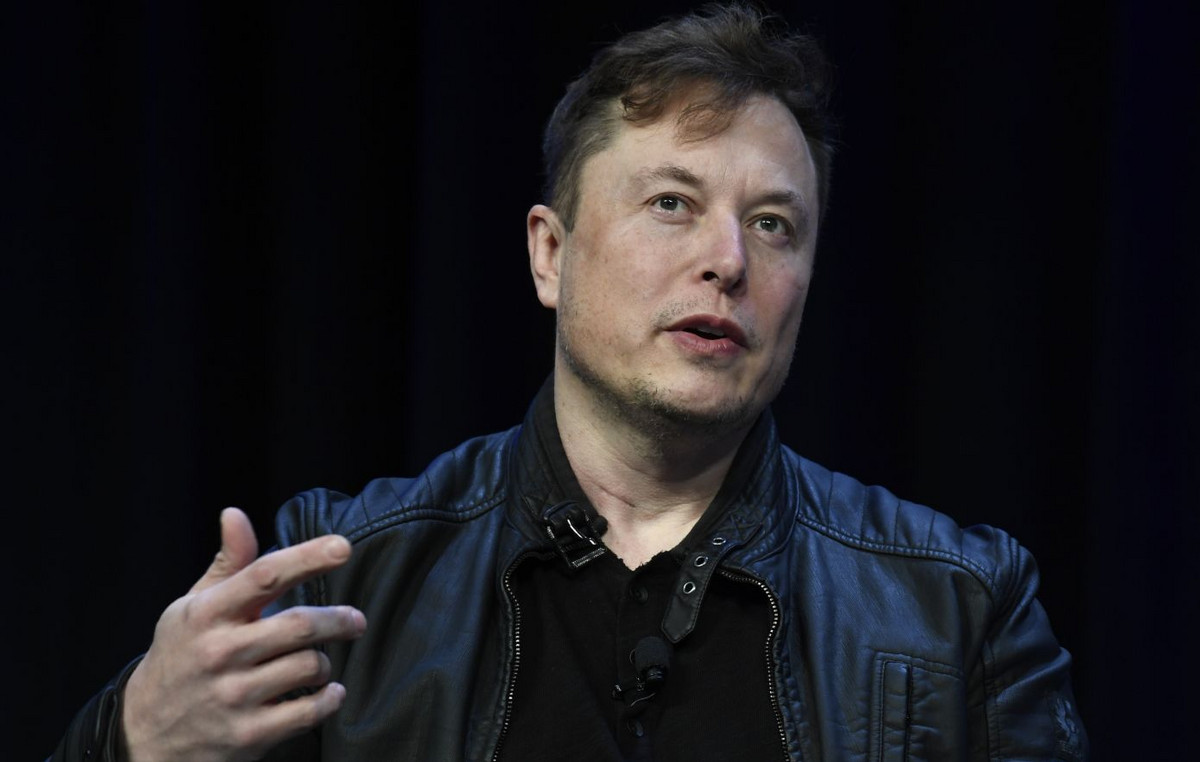Germany’s importance to Europe’s economy is significant. The country is an important exporter of technological, chemical and industrial products, in addition to being the fourth largest economy in the world.
However, the German economy, which was already showing a loss of competitiveness, is now facing the economic difficulties generated by the effects of the Covid-19 pandemic and, mainly, by the restrictions on gas supply by Russia.
Inflation in the country hit its highest level in nearly 50 years in August, reaching 8.8% year-on-year and surpassing a previous high set just three months earlier under the weight of energy prices, according to the federal statistics office.
Electricity prices in Germany, for example, which are considered benchmarks in Europe, briefly jumped above 1,000 euros ($999.80) per megawatt hour for next year.
With unfavorable indicators and rising prices, especially with regard to energy, last week, the German central bank itself said that a recession in the country is increasingly likely. The institution still estimates that inflation should continue to accelerate and could reach a peak of more than 10% before the end of the year.
Given the country’s importance to the European economic bloc, experts warn that a recession in Germany could have a ripple effect on all other EU members.
German importance
The country located in Western Europe established its important role in the local economy after reunification in 1990.
Germany has characteristics considered important by experts such as high productivity and high rates of innovation. In this way, the country has its strength in the export of technological and industrial products.
The professor of international relations at Fundação Armando Alvares Penteado Vinícius Vieira explains how the eurozone model was designed with Germany as an anchor.
“We have this dependence on Germany that can be summarized in a basic outline. How has Europe’s economy functioned in the last 20 years since the introduction of the euro? With Germany as a sufficient force to export to the European periphery, mainly to the countries of southern Europe, which, in return, send products and services of lower added value to the Germans”.
The reputation as a major exporter and industrial power comes from one of the main segments of the German economy that feeds other European countries: the automobile industry. This is what economist and ESPM professor Leonardo Trevisan reinforces.
“If we look at how she built this potent industry, it was around the auto sector. If you visit any capital on the block today and look at the automobile scene, we have 70% of the cars that are German-made. Fruit of technological development and, mainly, price development”, she says.
When considering the eurozone, the German economy accounts for about a third of the region’s Gross Domestic Product (GDP). When considering the European Union (EU), the country represents a quarter of the bloc’s GDP.
danger of recession
In addition to the challenges generated by the break in the global market chain by the Covid-19 pandemic, the War in Ukraine is one of the main responsible for the high inflation in Germany and what most raises concern about a possible recession in the country.
The conflict puts the country in check as it has strained the relationship between Berlin and Moscow. Leonardo Trevisan explains that since unification, Germany, in practice, has become a great ally of Russia, as it acquired cheap gas and financed Russian development.
“In exchange for German investment in Russia to develop different sectors, the exchange for this condition was that Germany would receive cheap energy from the Russians. This is what, somehow, the war broke. The industry depends on the energy modal, and this modal from Germany is undoubtedly at risk”.
According to experts, as it is a major exporter and investment lure, “if Germany catches the flu, perhaps the periphery of Europe will catch pneumonia”, summarizes Professor Vinicius Vieira.
“Germany is facing the exhaustion of the model that allowed it to be the great economic star of Europe in the last 30 years, from reunification until a while ago, and even in the period of great crisis of the eurozone it was not affected that much” , evaluates.
Expectations
According to International Monetary Fund (IMF) estimates, Germany should grow 1.2% in 2022. In 2021, the country grew 2.9% after registering -4.6% in 2020, at the beginning of the pandemic.
The experts’ assessment is that the energy issue will continue to be the main obstacle for the German economy.
In August, German Economy Minister Robert Habeck said Germany faced the “bitter reality” that Russia would not restore gas supplies to the country. “It won’t come back… It’s the bitter reality.”
Currently, Russia is only supplying 20% of the usual capacity of the Nord Stream 1 pipeline to Germany.
“There needs to be a change in the country’s energy matrix, this is the new normal. Until they change the energy matrix, adapt to this new reality, this will take a long time, it is difficult to estimate, it is something in the medium to long term, I believe in a period of 5 to 10 years for it to happen”, comments Vieira.
In addition to planning for a readaptation of the energy matrix, in the short term Germany has been looking for new suppliers.
“What Germany is doing, and being forced to do so, is changing the supplier. Instead of buying Russian gas, it is being forced to buy it from the Americans. The question is: at what price will the gas reach the country?”, concludes Leonardo Trevisan.
In addition to inflation, the German economy will also have to deal with the bitter medicine to the price problem, rising interest rates.
In July, the European Central Bank (ECB) raised the main interest rate in the euro zone by 0.5 percentage point, thus starting an upward cycle. As a result, the deposit rate is now 0%, down from -0.5% previously.
And movement is expected to continue at a “steady pace” until it reaches the end of its bullish cycle, in part to maintain room to correct the tightening path if circumstances change, ECB chief economist Philip Lane said on Monday. thursday (29).
*With information from Reuters
Source: CNN Brasil
I am Sophia william, author of World Stock Market. I have a degree in journalism from the University of Missouri and I have worked as a reporter for several news websites. I have a passion for writing and informing people about the latest news and events happening in the world. I strive to be accurate and unbiased in my reporting, and I hope to provide readers with valuable information that they can use to make informed decisions.







